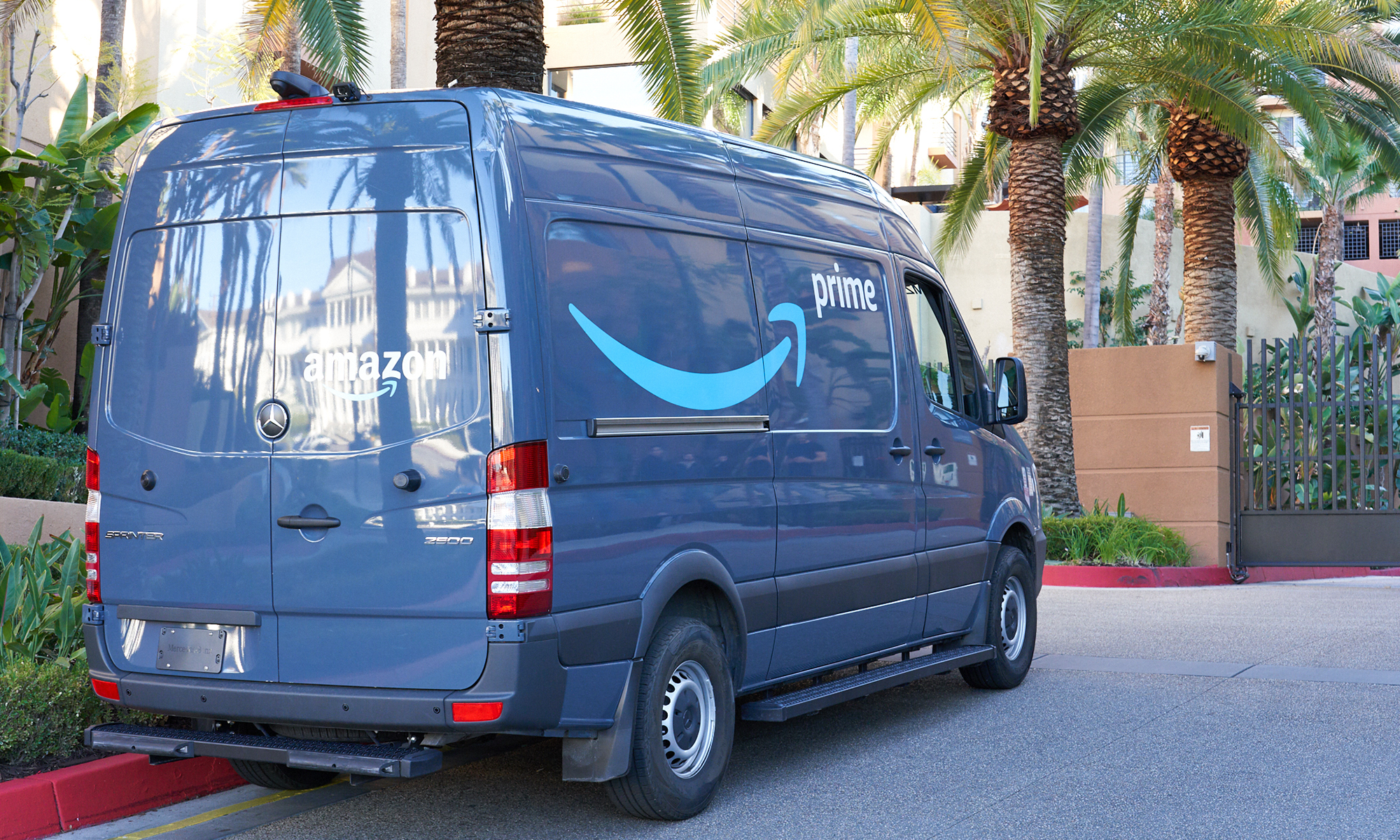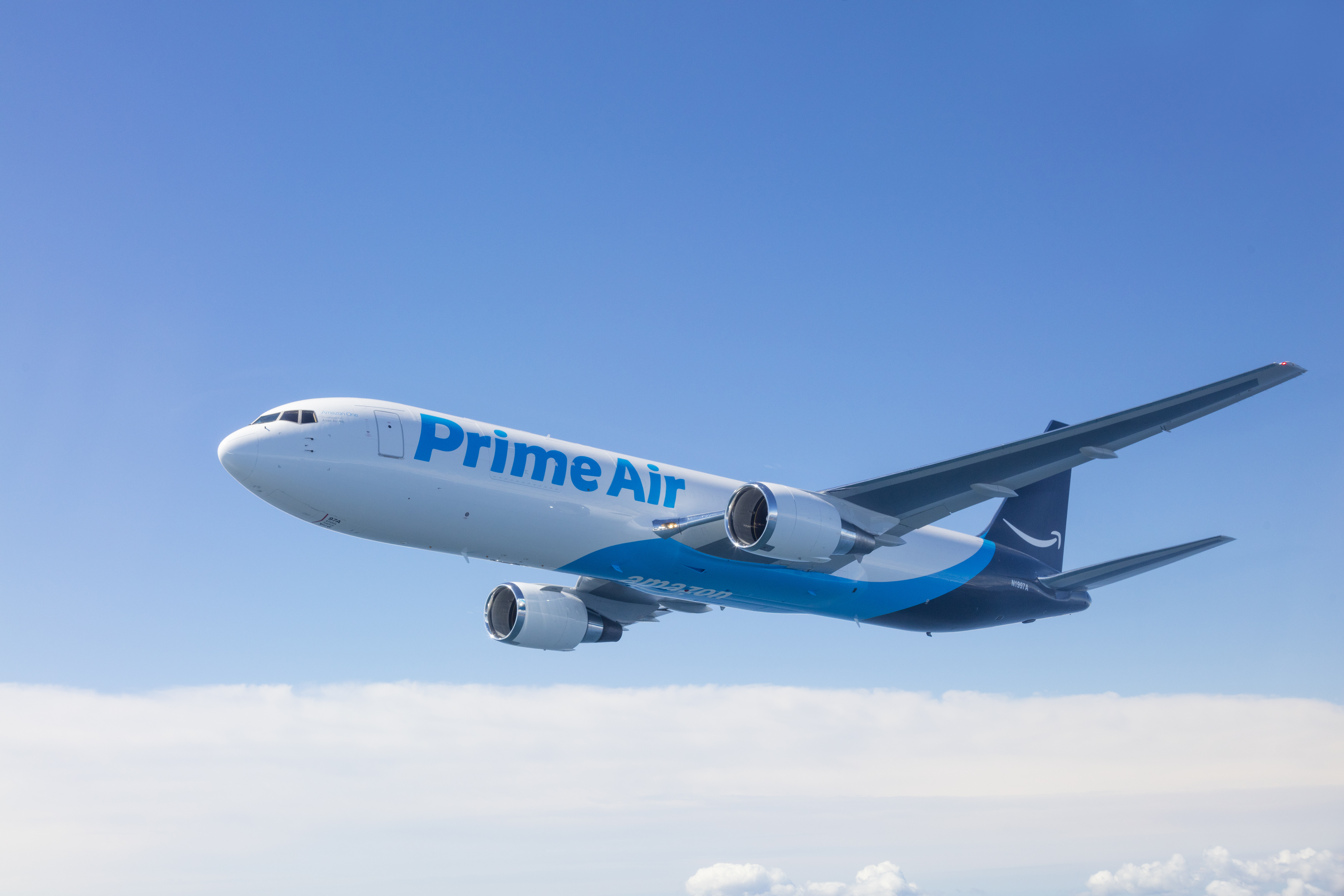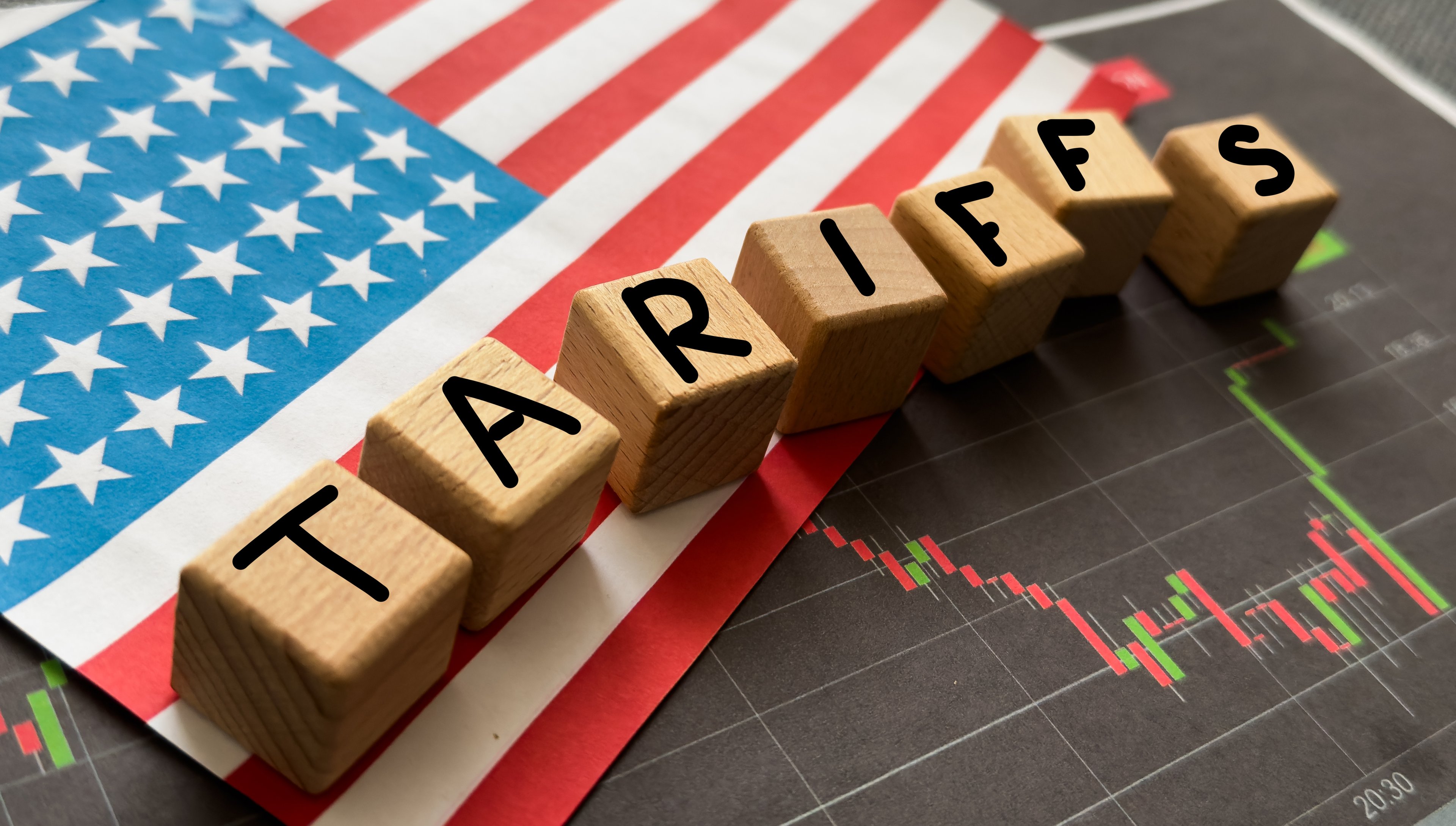It's still months down the road, but it's happening to be sure: In mid-July, Google parent Alphabet (GOOGL +1.50%) (GOOG +1.39%) will implement a stock split, turning every one outstanding share of the stock into 20 shares.
In theory, it shouldn't matter. The stock's price will be reduced to only 1/20th of its presplit value -- tantamount to changing a $20 bill into 20 $1 bills. In reality though, the lower per-share price makes the stock feel more accessible and affordable to the masses. Like most other stock splits, this one's apt to spur some buying that may not have otherwise happened.
With that as the backdrop, don't be surprised if other companies follow Alphabet's lead and start planning stock splits of their own. The most likely major name to do the deed next is Amazon (AMZN +1.04%).

Image source: Getty Images.
Two reasons to expect a stock split
Take the idea with a grain of salt, for a couple of reasons. The first is, lots of predictions never pan out. Second, a bunch of other companies may well beat Amazon to the punch. Microsoft, Apple, and Tesla have all been suggested of late as candidates for a stock split, for reasonably good reasons.
On balance though, it's Amazon that's mostly likely to be next, also for a couple of reasons. Chief among them is the stock's current price, thanks to its incredible run-up from just over $300 per share as of the end of 2014 to its current value of just over $3,000 a share.
Certainly Amazon shares are no stranger to big moves in short periods of time. The COVID-19 pandemic, however, made the e-commerce giant's stock more valuable than most anyone was expecting it to become just a couple of years back. With little time for management to even think about anything else besides meeting the sudden swell of online shopping, the company's shares have been allowed to reach prices that complicate matters. Namely, the smallest of retail investors may struggle to even buy one full share.
In this same vein, the calendar also suggests a split is overdue. The last time Amazon dished out a stock split was back in 1999, when two shares were exchanged for every one share in investors' hands to push its price down to around $60. That's an unusually long span to not reprice shares to make them more in line with other, comparable companies' stock prices.
Amazon is also apt to split its stock sooner than any of the other aforementioned names because the stock could use the help.
As noted, in theory a stock split shouldn't matter. One share of a $100 stock is, on paper, the equivalent to holding 10 shares of a $10 stock of that same company. In reality, however, splits draw bullish attention to a company's shares. In that Amazon's stock has been mostly stagnant since the latter half of 2020 and relatively new CEO Andy Jassy needs a proverbial "win" with shareholders, a split would be a fairly easy way to secure a bullish bump.

NASDAQ: AMZN
Key Data Points
The benefit would only be temporary, of course. At some point Jassy needs to prove he can sustainably grow the bottom line. But in the modern market environment, what's considered long-term success is often just a series of small, short-term victories.
Add it to the list of things to like about Amazon
Amazon's leadership has made no mention of a stock split, and it may well not happen in the near or distant future. There's an argument that being the name behind one of the market's highest-priced equities makes for powerful, unspoken marketing fodder. However, it's certainly not a reason in and of itself to own shares of the e-commerce company.
However, if you do like the Amazon revenue growth pace and reach within its respective markets, the prospect of a split sooner than later absolutely bolsters the bull case for this stock.





